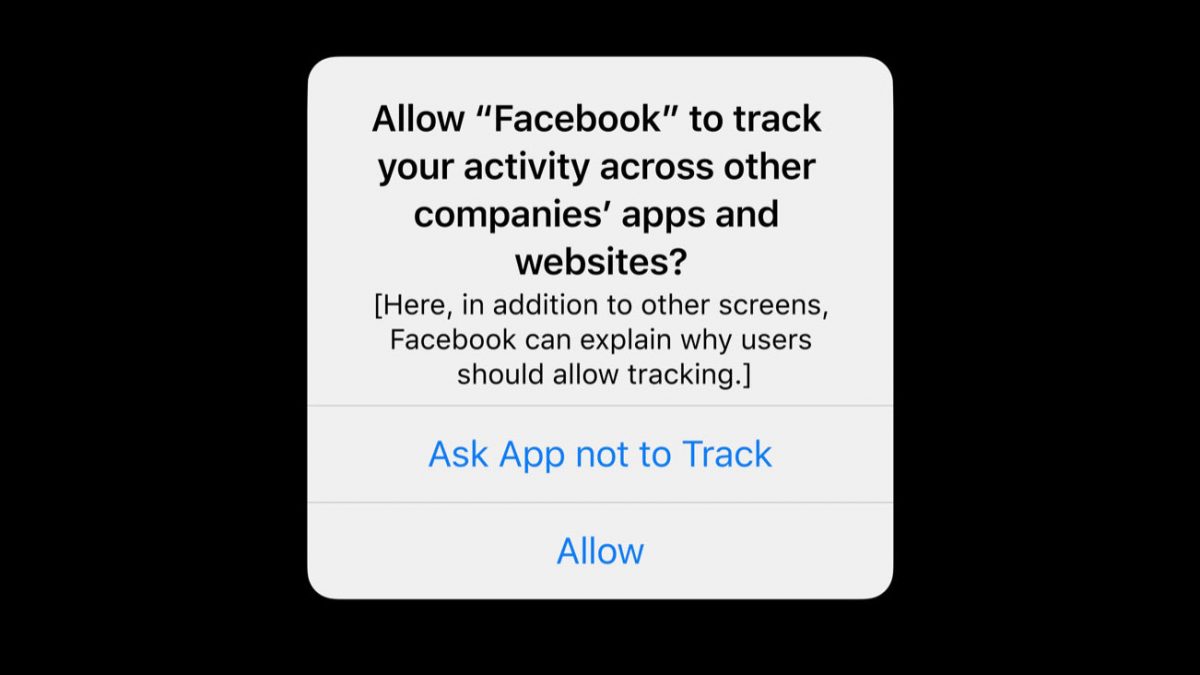Apple will be banning apps that try and incentivize users to enable app tracking by offering various rewards and perks. The company has made it clear that developers can convince users why it is beneficial for them to provide app tracking permission, but they cannot offer any monetary rewards in return.

Apple warns developers to not mislead users into giving app tracking permissions
Apple has updated its Human Interface Guidelines with details on how developers can request to access user data. This includes permissions for app tracking, camera access, location access, and more. Human Interface Guidelines usually focus on design elements, however, in this instance, Apple has specified what is allowed and what is not allowed when asking developers for permissions. This excludes offering incentives to users in exchange for their data, which can get the app rejected or banned from the App Store.
Don’t offer incentives for granting the request. You can’t offer people compensation for granting their permission, and you can’t withhold functionality or content or make your app unusable until people allow you to track them.
Don’t display a custom message that mirrors the functionality of the system alert. In particular, don’t create a button title that uses “Allow” or similar terms, because people don’t allow anything in a pre-alert screen.
Don’t show an image of the standard alert and modify it in any way.
Don’t draw a visual cue that draws people’s attention to the system alert’s Allow button.
Apple had already told developers that they can create a splash screen to explain to users why the app requires permission to track them. Craig Federighi had recently spoken about this in his interview with WSJ too. The guidelines explain that developers should not word their call to action as if user are allowing permissions by tapping on it – it should be clear to the user that the call to action on the screen will open the app tracking transparency permission box, which will require the user to either give consent or refuse it.
If you display a custom screen that precedes a privacy-related permission request, it must offer only one action, which must display the system alert. Use a word like “Continue” to title the action; don’t use “Allow” or other terms that might make people think they’re granting their permission or performing other actions within your custom screen.
The company further warns that misleading users with dark patterns that get them to involuntarily provide tracking consent will get apps rejected.
Never precede the system-provided alert with custom messaging that could confuse or mislead people. People sometimes tap quickly to dismiss alerts without reading them. A custom messaging screen that takes advantage of such behaviors to influence choices will lead to rejection by App Store Review.
Although Apple is moving full-speed ahead with its app tracking transparency initiative with iOS 14.5, many advertisers are trying to put up legal roadblocks to fight back. Instead of reducing its reliance on intensive user data tracking, the mobile ad industry is claiming that Apple is giving its own ads an unfair advantage by introducing app tracking transparency. There is no proof to these claims that Apple will be providing more data to advertisers that buy its ads, as such a move would easily be highlighted and put the company in a very negative eposition.
via MacRumors